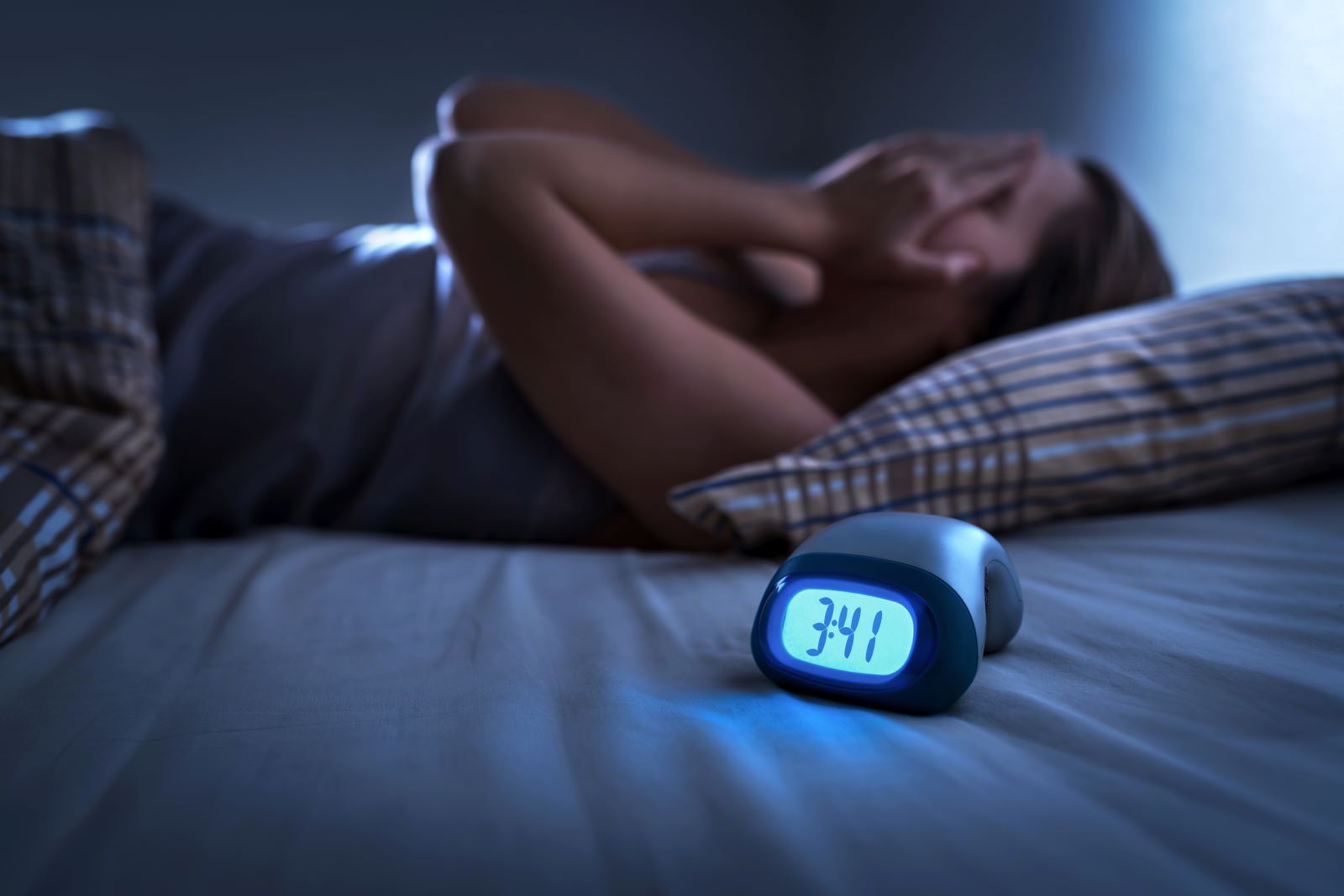<< Back
What’s the Connection Between Sleep Disorders, Cardiovascular Disease and Depression?

December 21, 2022
Sleep disorders, mood disorders and cardiovascular disease appear on the surface to be three unrelated serious medical issues, but a recent analysis of several studies shows that often at least two and often three of them are connected in an individual patient.
A recent article in Cureus took a look at 31 published articles and concluded that “there is a significant overlap between the causes and pathological mechanisms between conditions such as diabetes, obesity, and other comorbidities associated with both sleep disorders and cardiovascular disease,” specifically myocardial infarction (MI). Additionally, mood disorders such as depression and anxiety are commonly linked to cardiovascular disease, and can also play into sleep disorders.
> Find a Sleep Care Center near me
The analysis went on to note that “the National Commission on Sleep Disorders estimated that sleep apnea might be directly or indirectly responsible for almost 38,000 cardiac deaths every year in America. Cardiovascular disease (CVD) and major depression (MD) are also closely associated. Depression may trigger or precipitate myocardial infarction (MI) and vice versa.”
These comorbidities are not a chicken-and-egg scenario however, says Christina Abavana, MD, a neurologist and sleep medicine specialist in Fairfield. It is not the case that first comes the sleep disorder, then the cardiac episode, followed by depression. “It’s multi-directional,” she explains. “They can each influence each other.”
“Studies show a strong correlation between people with cardiovascular disease and mood disorder, and vice versa,” she says. “If you suffer from an acute coronary syndrome, it’s logical that it would create great stress for you. We see a high prevalence of depression, anxiety and other mood disorders in individuals who have had an acute MI.
“But also, people with mood disorder are in a highly inflammatory state,” Abavana adds. “And this can contribute to cardiovascular risk.”
With sleep disorders like obstructed sleep apnea or insomnia, she goes on to say, they can create a high risk for cardiovascular disease in certain individuals. “Sleep disorders are often undiagnosed,” she says, “and that can impact the mortality of cardiovascular disease. If the sleep disorder is addressed, it can modify some of that risk.”
Abavana notes that anyone who has cardiovascular disease should have a conversation with their doctor about their emotional wellbeing, and also about their sleep habits and how restful they feel their sleep is. If all the underlying issues are uncovered and addressed, she says, risks associated with all three conditions can be lowered.